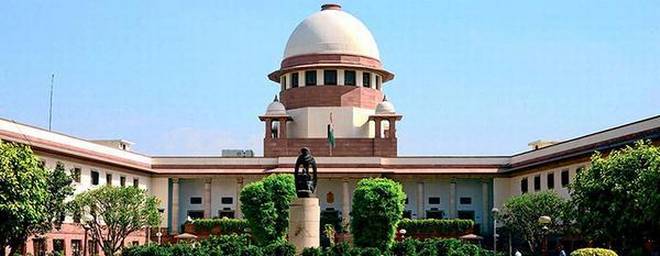The Supreme Court gave its verdict today (December 11) on the Union government’s 2019 move to amend Article 370 of the Constitution. The abrogation ended the special status conferred to the erstwhile state of Jammu and Kashmir. The court held the Constitutional order that abrogated Article 370 as valid.
A five-judge Constitution bench, presided by Chief Justice of India (CJI) DY Chandrachud, had reserved its verdict on as many as 23 petitions in the matter on September 5 this year, after 16 days of hearings. The bench also comprised Justices S K Kaul, Sanjeev Khanna, B R Gavai and Surya Kant.
CJI DY Chandrachud said that Jammu and Kashmir held no internal sovereignty after accession to India. He said there was no prima facie case that the President’s 2019 orders were mala file or extraneous exercise of power. While the court said the reorganisation of the erstwhile state into Union Territories in 2019 was a temporary move, it directed the Centre for the restoration of statehood and for Legislative Assembly elections to be held.
Justice Kaul recommended in his concurring opinion that a Truth and Reconciliation Commission should be set up in J&K, for an acknowledgement of the acts of alleged violations done by the State and its actors in the region.
Solicitor General Tushar Mehta says today “will go down in the history of India when a himalayan constitutional blunder of the past with gigantic proportion is ultimately corrected by the Government”.
"The highest court of the country, the most powerful court in the world, has stood by the constitutional values and has secured to all residents of Jammu and Kashmir their legitimate rights which they were deprived of since independence while taking care of democratic election also," he adds in a statement.


